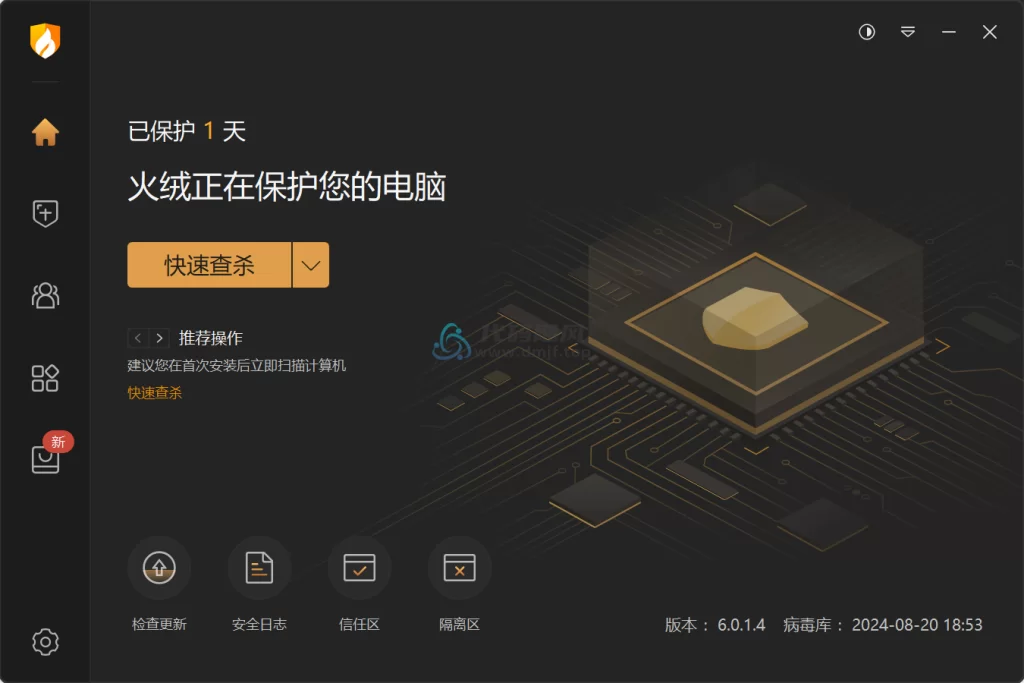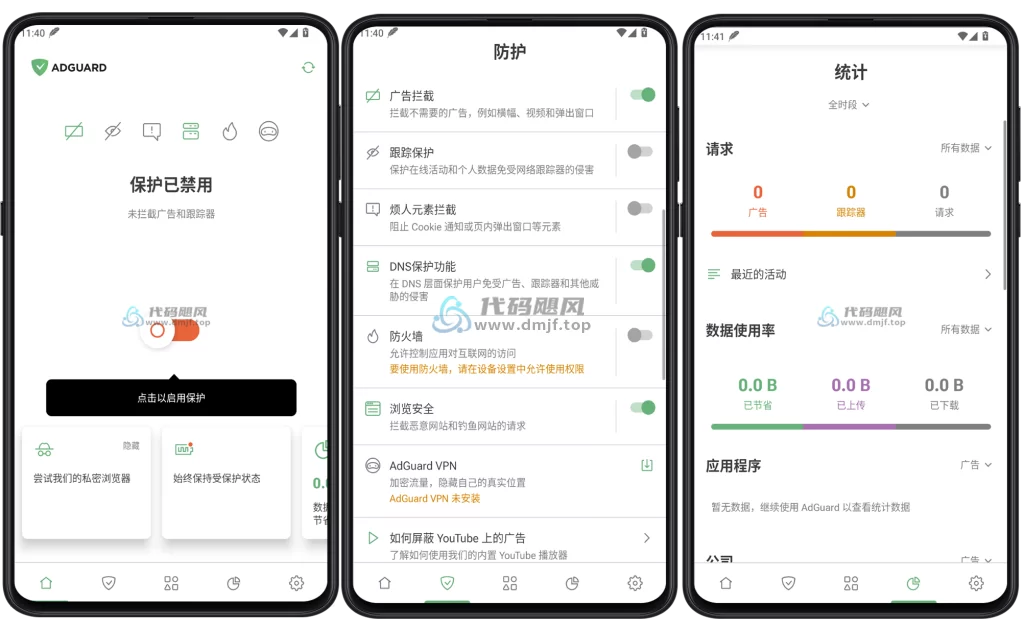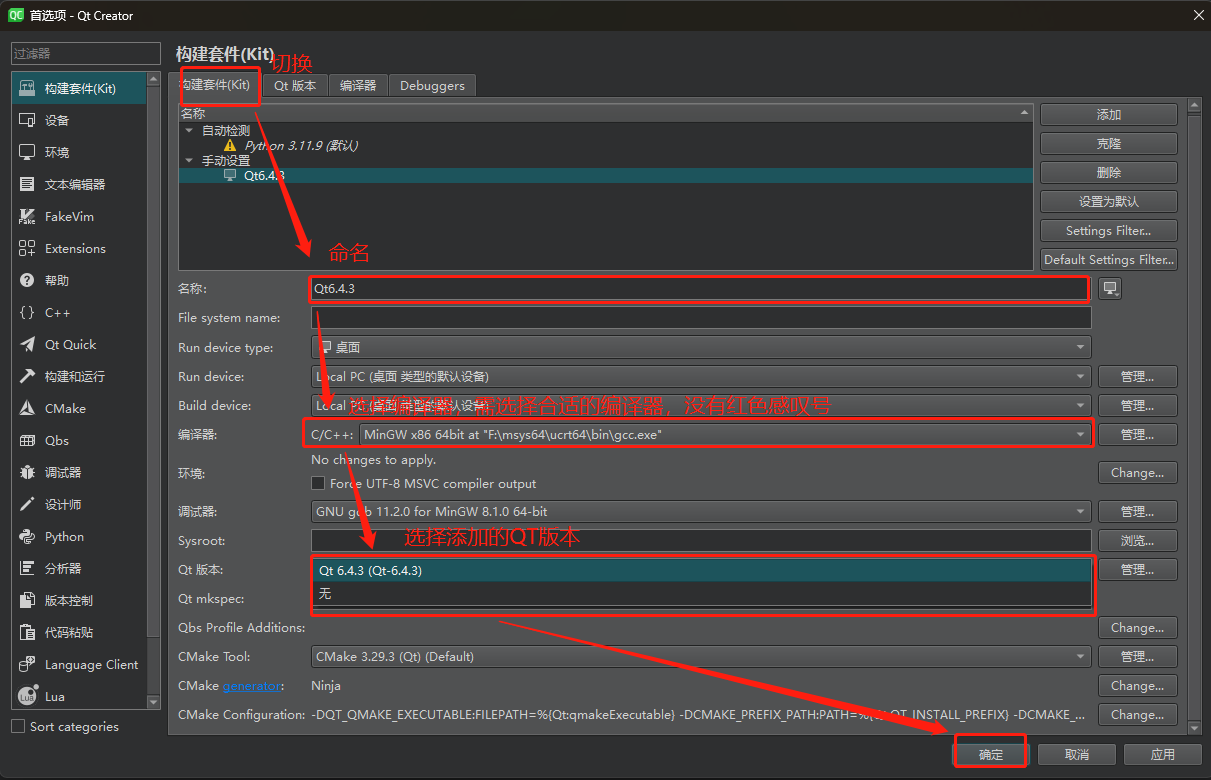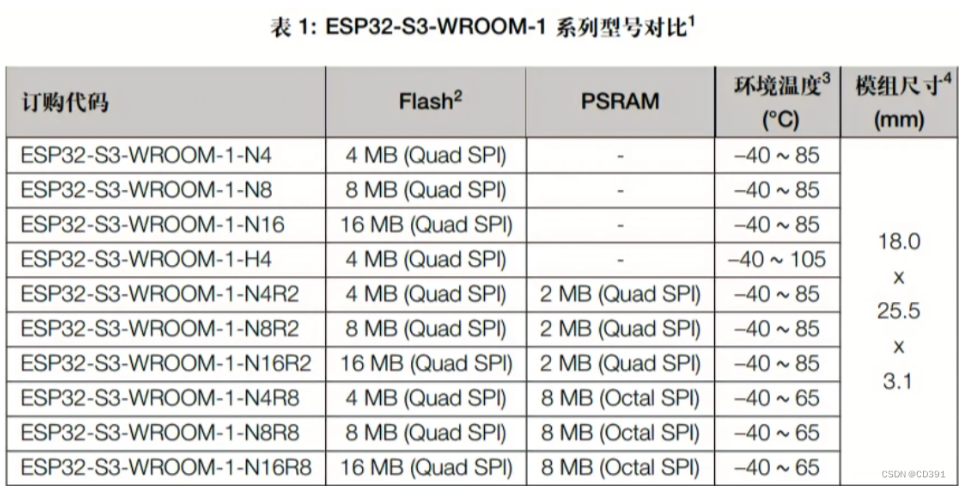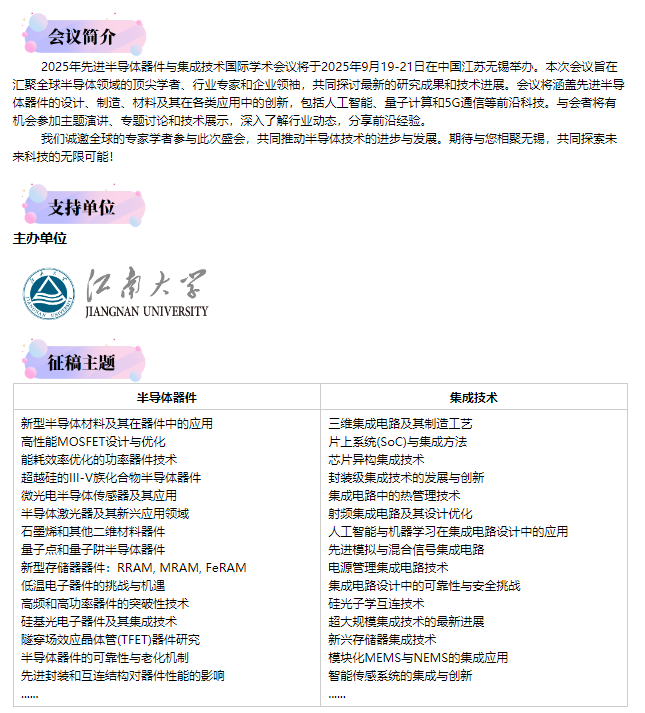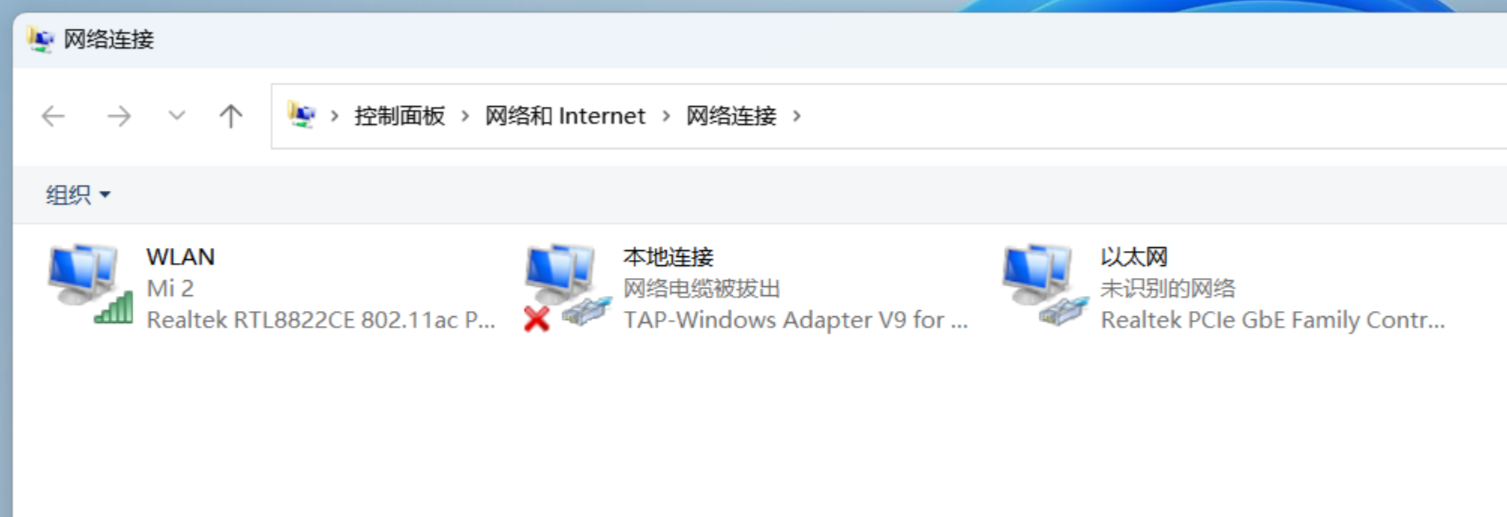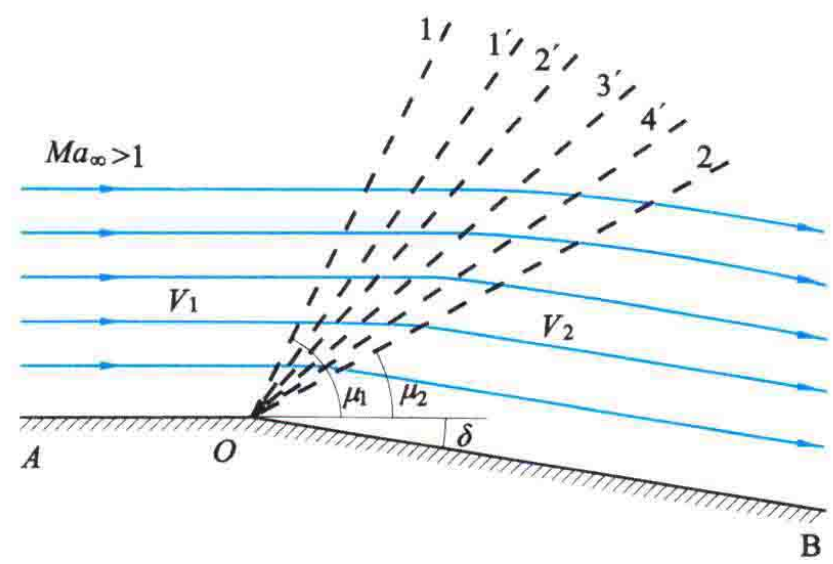判断方法的使用范围20250102

package com.oop.demo01;public class Student {public static int add(int a, int b) { //public 类下的public的静态方法return a+b;}static int sub(int a, int b) { //public类 非public的静态方法return a-b;}public int devide(int a, int b) { //public 类下public的非静态方法return a/b;}void print_hello(){ //public类下 非public 非静态方法System.out.println("hello");}}
class Student_excellent {String name;String address;int age;public static void Student_name(String name) { //非public类的public 静态方法System.out.println(name);}static void Student_address(String address){ //非public类的 非public 的静态方法System.out.println(address);}public void Student_age(int age) { //非public类的 public 的非静态方法System.out.println(age);}void Student_name_age( String name,int age) { //非public类下的非public 非静态方法System.out.println(name+" "+age);}
}
同包下另一个java文件
package com.oop.demo01;public class Teacher {public static void main(String[] args) {// 调用 Student 类的方法System.out.println(Student.add(5, 3)); // 调用 public static 方法System.out.println(Student.sub(10, 7)); // 调用包级私有 static 方法(同包内可访问)Student student = new Student(); // 实例化对象System.out.println(student.devide(9, 3)); // 调用 public 非静态方法// 调用 Student_excellent 类的方法Student_excellent.Student_name("Alice"); // 调用 public static 方法Student_excellent.Student_address("Beijing"); // 调用包级私有 static 方法(同包内可访问)Student_excellent studentEx = new Student_excellent(); // 实例化对象studentEx.Student_age(20); // 调用 public 非静态方法studentEx.Student_name_age("Bob",20);}
}class Teacher_excellent {public static void main(String[] args) {// 调用 Student 类的方法System.out.println(Student.add(2, 1)); // 调用 public static 方法System.out.println(Student.sub(5, 2)); // 调用包级私有 static 方法(同包内可访问)Student student = new Student(); // 实例化对象System.out.println(student.devide(8, 2)); // 调用 public 非静态方法// 调用 Student_excellent 类的方法Student_excellent.Student_name("Bob"); // 调用 public static 方法Student_excellent.Student_address("Shanghai"); // 调用包级私有 static 方法(同包内可访问)Student_excellent studentEx = new Student_excellent(); // 实例化对象studentEx.Student_age(25); // 调用 public 非静态方法studentEx.Student_name_age("jack",25);}
}
public类里方法访问权限总结
| 方法 | 修饰符 | 是否静态 | 同包访问 | 跨包访问 |
|---|---|---|---|---|
add(int a, int b) |
public |
是(静态) | 直接用 Student.add(3, 4) |
import 后可以用 Student.add(3, 4) |
sub(int a, int b) |
默认(package-private) | 是(静态) | 直接用 Student.sub(3, 4) |
不可访问(即使 Student 类被导入) |
devide(int a, int b) |
public |
否(非静态) | 实例化后用 new Student().devide(3,4) |
import 后实例化:new Student().devide(3,4) |
print_hello() |
默认(package-private) | 否(非静态) | 实例化后用 new Student().print_hello() |
不可访问(即使 Student 类被导入) |
非public类里方法的访问权限总结
| 方法 | 修饰符 | 是否静态 | 同包访问 | 跨包访问 |
|---|---|---|---|---|
Student_name(String name) |
public |
是(静态) | 直接用类名调用:Student_excellent.Student_name("John") |
不可访问(类本身不能跨包) |
Student_address(String address) |
默认(package-private) |
是(静态) | 直接用类名调用:Student_excellent.Student_address("123 St.") |
不可访问(类本身不能跨包) |
Student_age(int age) |
public |
否(非静态) | 实例化后调用:new Student_excellent().Student_age(18) |
不可访问(类本身不能跨包) |
Student_name_age( String name,int age) |
默认(package-private) |
否(非静态) | 实例化后调用:new Student_excellent().Student_name_age("John",18) |
不可访问(类本身不能跨包) |
这里为什么有两个mian函数?
在 Java 中,每个
main方法都可以作为程序的独立入口点。这意味着如果一个项目中有多个包含public static void main(String[] args)方法的类,那么你可以分别运行这些类中的main方法,而不需要它们互相干扰。你的代码中有两个类
Teacher和Teacher_excellent,它们各自有一个main方法,因此:
- 每个
main方法都是程序的入口点,可以独立运行。- 在运行时,你可以选择运行
Teacher类的main方法,也可以运行Teacher_excellent类的main方法。IDE(如 IntelliJ IDEA 或 Eclipse)会给出选择,或者通过命令行运行时可以指定具体的类。
为什么会有两个
main方法?这种情况在以下场景中比较常见:
- 测试不同的功能:
- 你可能会为每个类写一个
main方法,用于测试该类的功能。Teacher测试Student和Student_excellent的方法。Teacher_excellent也测试相同的内容,但可能用不同的数据。- 模块化设计:
- 每个模块或类可以有自己的入口点,方便调试和测试。
- 在开发过程中,多个类可能同时需要独立测试功能。
- 单独运行特定逻辑:
- 在较大的项目中,某些类可能有自己独立的运行逻辑,而不需要依赖于其他部分。
如何选择运行哪个
main方法?
在 IDE 中:
- 右键单击你想运行的类文件(例如
Teacher.java或Teacher_excellent.java)。- 选择 "Run" 或 "Debug" 选项。
使用命令行:
编译所有文件:
javac -d . *.java指定类名运行对应的
main方法:
java com.oop.demo01.Teacher或
java com.oop.demo01.Teacher_excellent
注意事项
- 代码组织问题:
- 如果项目最终需要部署或发布,建议保留一个主要的
main方法作为入口点,其余的main方法可以删除或注释。- 多个
main方法容易让代码显得混乱,尤其在大型项目中。- 类的命名:
- 类名应该能够清晰表达其用途,比如
Teacher类和Teacher_excellent类是测试类的话,可以考虑命名为TeacherTest和TeacherExcellentTest。- 单元测试的替代:
- 在现代 Java 项目中,通常使用单元测试框架(如 JUnit)来测试方法和类,而不是通过
main方法。
你的代码完全可以运行,只要明确目标是测试功能或独立运行逻辑即可。如果你希望简化代码,可以选择保留一个
main方法或者使用测试框架替代手动测试。
运行 Teacher.main()
public class Student {public static int add(int a, int b) { //public 类下的public的静态方法return a+b;}static int sub(int a, int b) { //public类 非public的静态方法return a-b;}public int devide(int a, int b) { //public 类下public的非静态方法return a/b;}void print_hello(){ //public类下 非public 非静态方法System.out.println("hello");}}
输出结果
8 3 3 Alice Beijing 20 Bob 20运行Teacher_excellent.main()
class Teacher_excellent {public static void main(String[] args) {// 调用 Student 类的方法System.out.println(Student.add(2, 1)); // 调用 public static 方法System.out.println(Student.sub(5, 2)); // 调用包级私有 static 方法(同包内可访问)Student student = new Student(); // 实例化对象System.out.println(student.devide(8, 2)); // 调用 public 非静态方法// 调用 Student_excellent 类的方法Student_excellent.Student_name("Bob"); // 调用 public static 方法Student_excellent.Student_address("Shanghai"); // 调用包级私有 static 方法(同包内可访问)Student_excellent studentEx = new Student_excellent(); // 实例化对象studentEx.Student_age(25); // 调用 public 非静态方法studentEx.Student_name_age("jack",25);} }
输出结果
3 3 4 Bob Shanghai 25 jack 25


